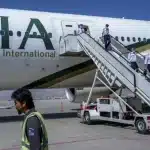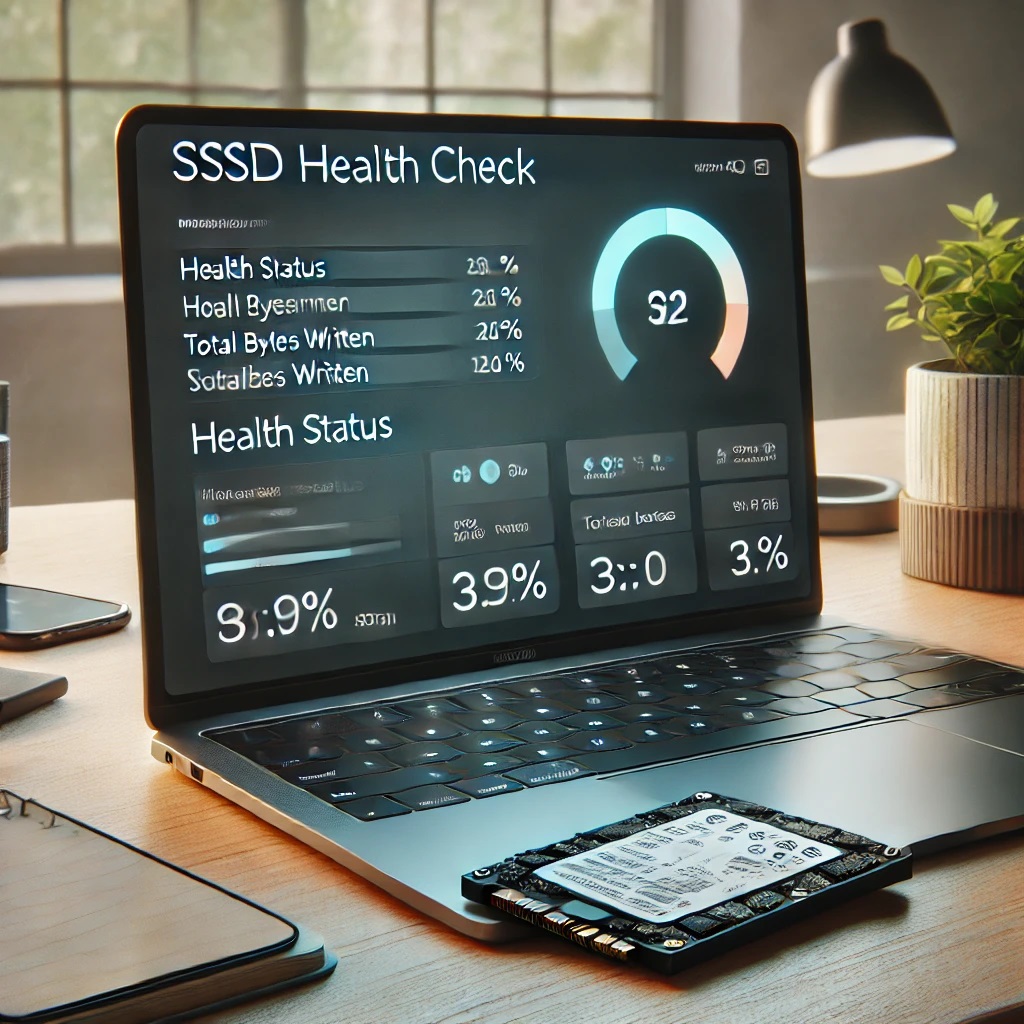Expected PTA Tax on iPhone 17 Series Shakes Market
The expected PTA tax on iPhone 17 series reveals surprisingly high duty estimates. These rates may significantly boost local retail prices.
Sources suggest the tax on a standard iPhone 17 might start around Rs 128,800 (passport-based) and Rs 154,300 (CNIC-based).
For the iPhone Air, projected tax is Rs 151,300 (passport) and Rs 176,000 (CNIC).
The Pro variant tax may hit Rs 172,800 (passport) to Rs 210,300 (CNIC).
The flagship Pro Max could carry a duty between Rs 182,700 (passport) and Rs 213,600 (CNIC).
These estimates come before official PTA notification and depend on exchange and regulatory adjustments.
Why These High PTA Estimates?
Several factors drive these steep projected taxes:
- DIRBS & PTA regulatory regime: Devices must clear PTA registration to work with SIMs.
- High import duties & surcharges: Pakistan imposes multiple layers of tax on electronics.
- Luxury device premium: Premium phones face heavier rates under customs policy.
- Exchange rate volatility: Currency depreciation amplifies import costs.
Combined, these raise the burden on consumers and retailers.
iPhone 17 Local Price Projections & Speculation
Gulf News estimates that after adding taxes, the iPhone 17 retail price in Pakistan could reach Rs 360,000–Rs 400,000 for base models.
The Air version may sell between Rs 450,000–Rs 500,000.
The Pro might hit Rs 500,000–Rs 550,000, while Pro Max could land between Rs 550,000 and Rs 600,000.
These projections factor in PTA duty, seller margin, and distribution cost.
Device Registration & PTA / DIRBS Regime
Any iPhone 17 brought to Pakistan must pass DIRBS registration to activate on local networks. Without registration, the phone cannot use SIM services.
Temporary registration (for overseas Pakistanis) might allow use for 120 days without full tax. Afterward, full PTA duty applies.
Users must submit CNIC, passport, device IMEI, and pay appropriate tax via PTA’s portal.
Retailers also must confirm PTA status and cannot legally sell unregistered devices.
Reactions from Buyers, Retailers & Industry
Tech enthusiasts expressed shock over high projected taxes. Many said these amounts approach the price of used cars.
Retailers warn that consumer demand may shrink dramatically if the final prices cross affordability thresholds.
Some believe locals may delay upgrades or resort to grey markets to avoid high tax burdens.
Analysts say that unless Pakistan reforms device taxation, smartphone adoption may slow.
Trends, Comparisons & Regional Benchmarking
Neighboring markets like India, UAE, and others also impose taxes on imported tech. But Pakistan’s multi-tier import duty structure often makes it one of the costliest markets.
In other countries, flagship devices incur luxury tax or GST, but rarely as high as Pakistan’s combined levies.
If these estimates hold, Pakistan may become globally among the highest-cost nations to buy Apple’s newest model.
Risks & Caveats to These Estimates
These tax figures remain speculative until PTA formalizes rules. They may change with budget revisions or regulatory shifts.
Storage variants, promotional allowances, or trade agreements might reduce final burdens.
Currency fluctuations or border duty waivers can influence final numbers.
Also, some devices may be categorized under different HS codes, affecting applicable rates.
What Buyers Should Do Now
Potential buyers should wait for official PTA guidance before pre-ordering.
Check your device’s IMEI and PTA registration status before purchase.
Consider trading in older devices to offset the burden.
Ask retailers for clear tax breakdowns before paying.
Be cautious about “tax-free” imports—they may fail DIRBS registration.
Outlook & Potential Industry Implications
If these projected PTA taxes materialize, many consumers may delay purchasing iPhone 17 series.
Retailers might adjust inventory mix, favoring lower-margin midrange models to stay viable.
Grey markets and parallel imports may spike, despite regulatory risks.
Local smartphone makers or alternatives may gain traction as flagship devices become costlier.
Policy pressures may mount—industry associations may lobby for relief, tax reform, or phased duty structures.
Conclusion
The expected PTA tax on iPhone 17 series in Pakistan promises to be a major financial shock for tech enthusiasts and retailers. With estimates ranging from Rs 128,800 up to Rs 213,600 per unit, buying these flagship devices may become a luxury.
While these figures remain speculative until PTA announcements, they clearly spotlight the burdens of device taxation in Pakistan. Consumers, retailers, and industry stakeholders must closely monitor the formal tax structure once it publishes.







